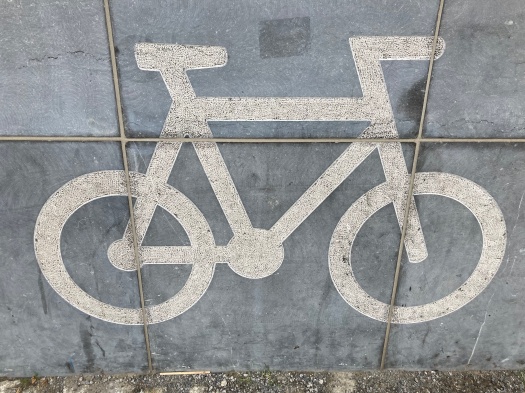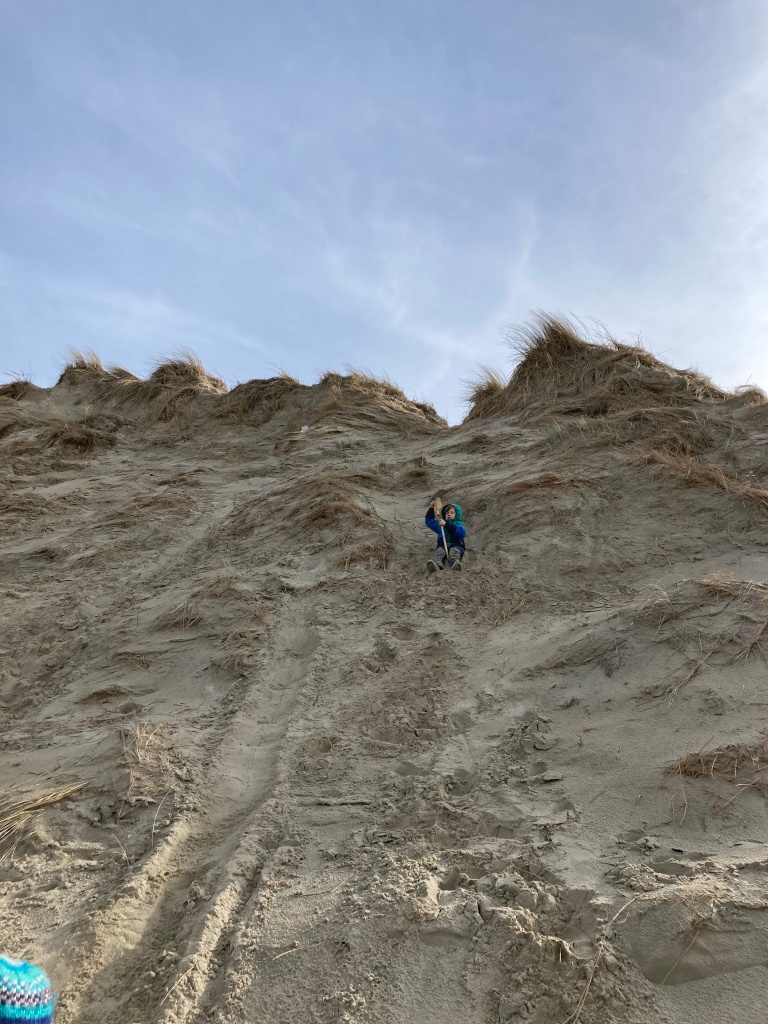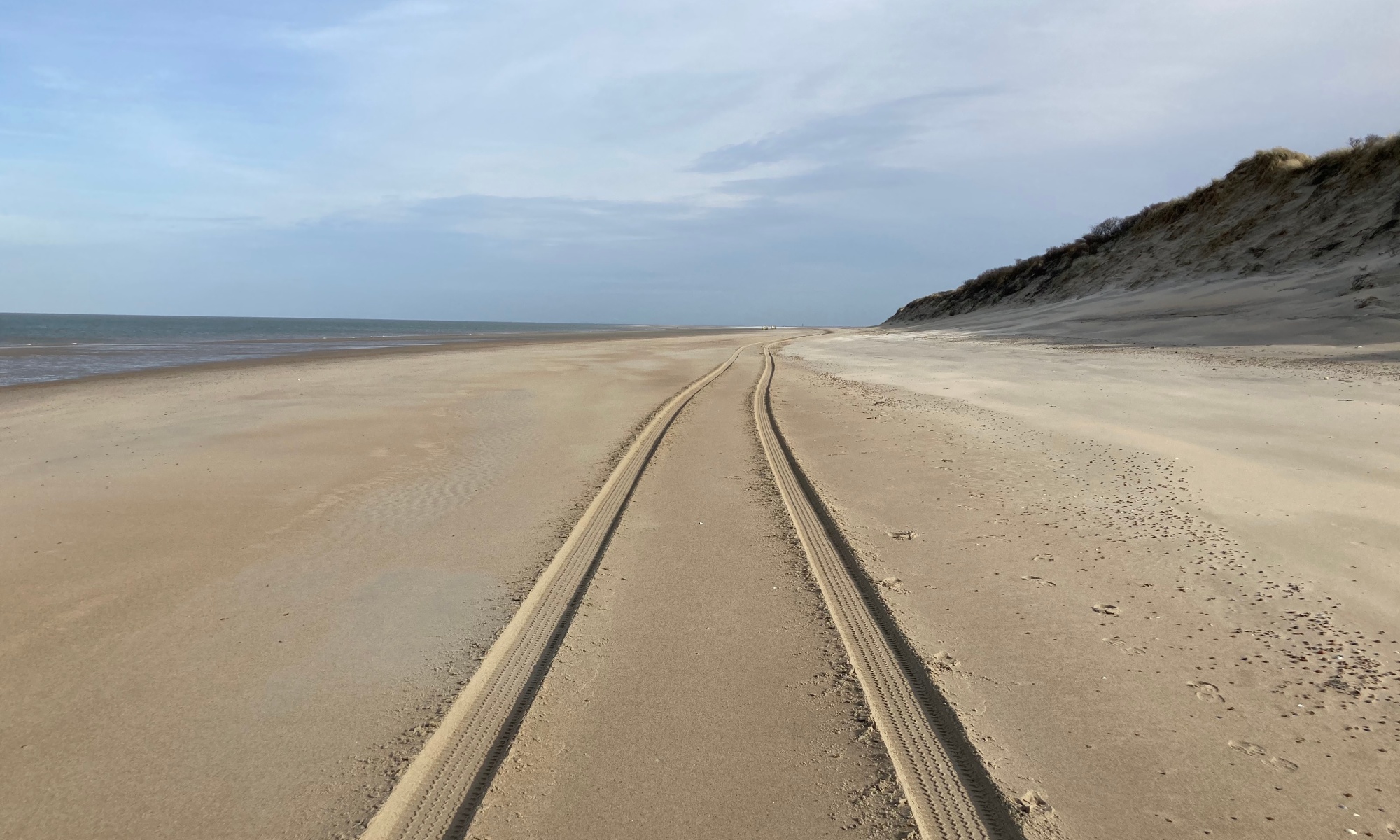I call us expats, despite the difficulties with the term, because we are voluntary, mobile immigrants. We aren’t refugees (which is not to say that there weren’t aspects of American life that we were fleeing). We’ve had the great fortune to be able to choose where we live, so far; under what basic conditions; and for how long we stay. Even in Maine I was a Texas expat, far from my roots, uncertain for years about how to make enduring friendships, curiously observing the local ways that weren’t my own.
In the Netherlands, we are expats more formally. Even still, the displacement isn’t as tremendous as going to, say, Malaysia, or the Amazon, or Senegal. We are white people in a dominantly-white country. Most people around me can speak English as a lingua franca (unbelievably well), and many of the cultural assumptions and values are at least familiar – another rationality-loving Western democracy that shares intellectual and political roots with the US. Reading today about the vaccine hoarding that European and North American countries (except for Mexico) are doing, the cultural gaps seem even less pronounced.
And yet. The experience of being an expat is to dance with a thousand small frictions of everyday life, all the time, and sometimes with much bigger ones. Thanks to Google Translate and the internet, these frictions are numbered in the thousands rather than the millions – but I suspect that there may be a universal element to the quality of displacement (for voluntary migrants) across time and place.
When you arrive in a new country, the small frictions feel enormous. In NL, you need a social security number (burgerservicenummer) to do anything (not to mention a visa) – to get a bank account, to get a phone number, to get electricity and water, to enroll your children in school, to get housing. The interdependencies of these systems quickly send you down circular chains that feel unresolvable. Like: you can’t get a bank account until you have a phone number for confirmation codes, but you can’t get a phone number without a local bank account for auto payments. Etc., etc. Rinse, repeat.
At times I’ve wondered why I’m so tired at the end of the day, 2 kids and an emotionally-intensive job notwithstanding. I have come to realize that it’s partly this immigrant friction, a kind of ever-blowing headwind, that is invisibly dragging on my system. It’s a privilege, to be sure, but it requires a layer of constant awareness — a resistance training of sorts.

Sometimes the awareness is passive, like continuously scanning for implicit social rules that you might unknowingly be violating (like unwritten bike rules that you’re just supposed to know). Sometimes it’s quite active, like when I served recently as the “jackets and shoes mother” (de jas- en schoenenmoeder) at Orri’s school. In offering to help a child take off her bike clothes, I struggled with how to say “snowsuit” in Dutch. The girl was confounded by my attempts to reference her puffy snowsuit, and ultimately just opted to deal with the situation herself, wearing a 4-year-old expression along the lines of, I can’t even believe this imbecile mom, can no one procure any competent parental help around here?
So far, after 2.5 years of living abroad (not counting 4 months in London when I was in college), I like the results that this friction brings. It’s tiring. One does often wind up feeling stupid or ashamed. But the cumulative effect is that you start to look at yourself as either a very capable child or a generally benevolent alien, who must choose (daily) to embrace her own unwitting imbecility. Every day, you again must forgive yourself for your beginner’s state of being.
There is so much grace in having to say, to others and to yourself, “I’m sorry. I didn’t understand that. Now I do. Thank you for telling me nicely that I completely f’ed that thing up. Next time, I will try to do it better.” Or – and this is pretty next-level stuff – “thank you for explaining that thing to me. Although I am a foreigner, I still disagree with your interpretation of the rules, and I know enough at this point to believe that what you’re saying is not accurate. I will continue to do it the way I was doing it before.”
It is a beautiful thing to seize that grace. The compulsory rightness of adult life, at least as I’d always experienced it in my native land, had blocked that grace for me and made it inaccessible. To be a beginner is to be a fool, to take risks, to be shot down, to try again, to be wrong wrong wrong wrong wrong until you finally figure it out and get it less wrong. Michael always says that one reason that adult language-learners struggle is that they face seriously social inhibitions that children don’t. Little kids are absolutely fine getting it wrong until they figure it out. They mostly don’t shut down or stop trying due to shame. Which I have to remind myself, yet again, when confusing makkelijk and mogelijk for the 1,100th time.
Beyond language learning, this principle applies to other domains of disruption, too. It is not overstating things to say that getting to learn about a culture by being a part of it, by being “normed” by the locals around you, by being forced to take risks and apologize for failures and keep showing up again, is a sacred privilege. I could never quite manage that state of grace for myself in America. But here, away from home, as an international expat migrant foreigner, it is this texture of everyday friction that defines so much of the quality of our lives. For these daily lessons in personhood, for this chance to be a beginner, I am grateful.


